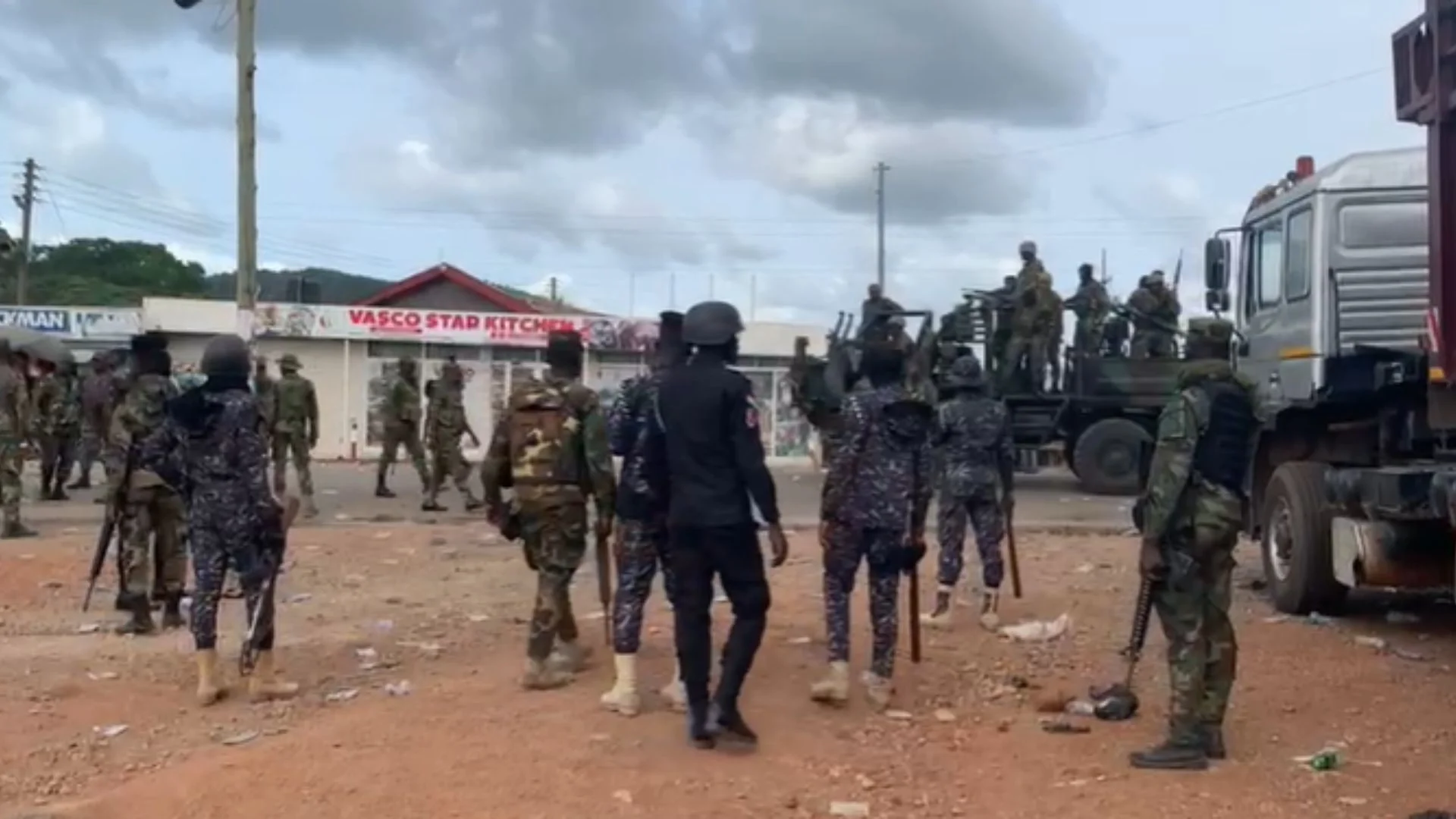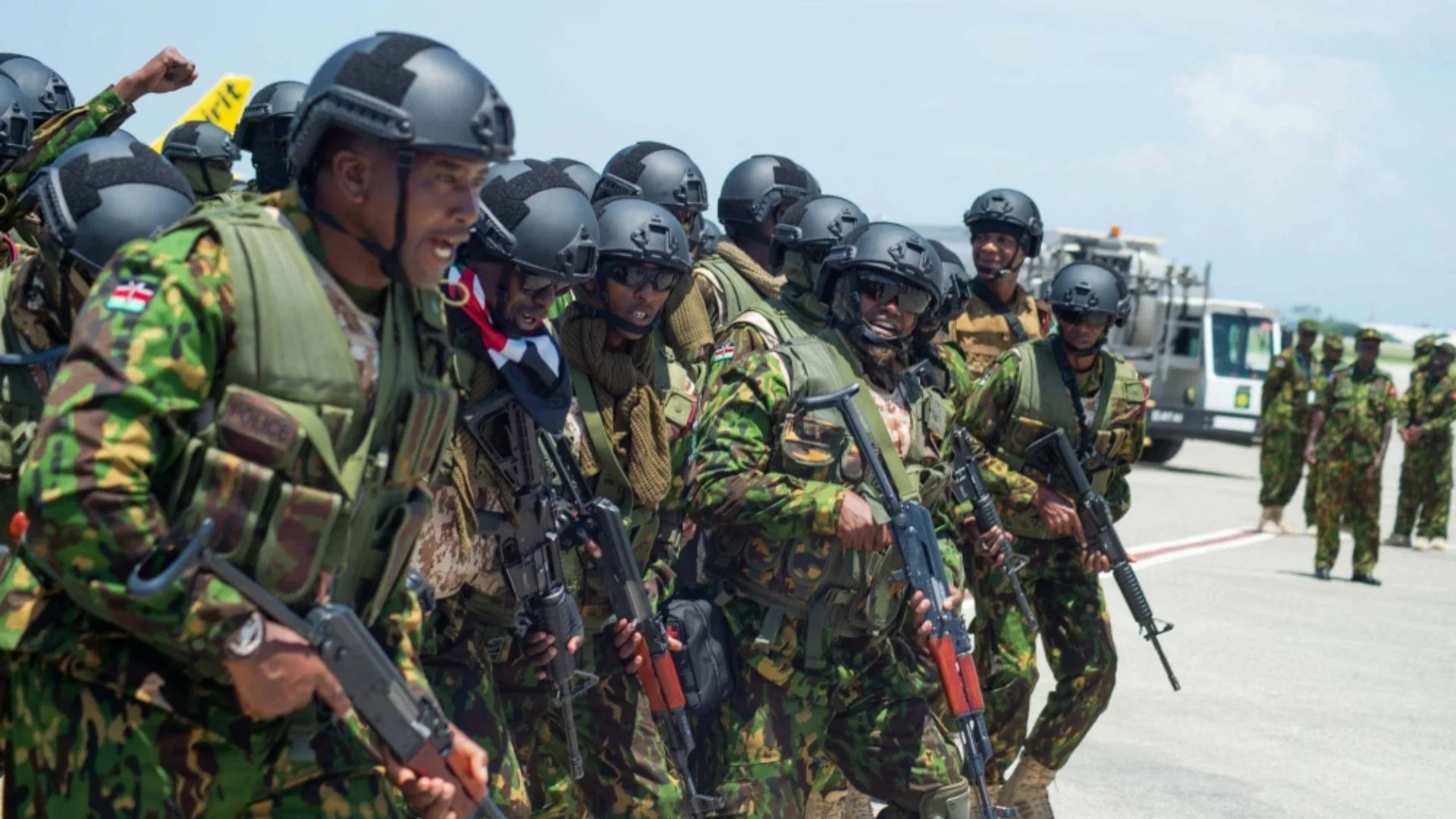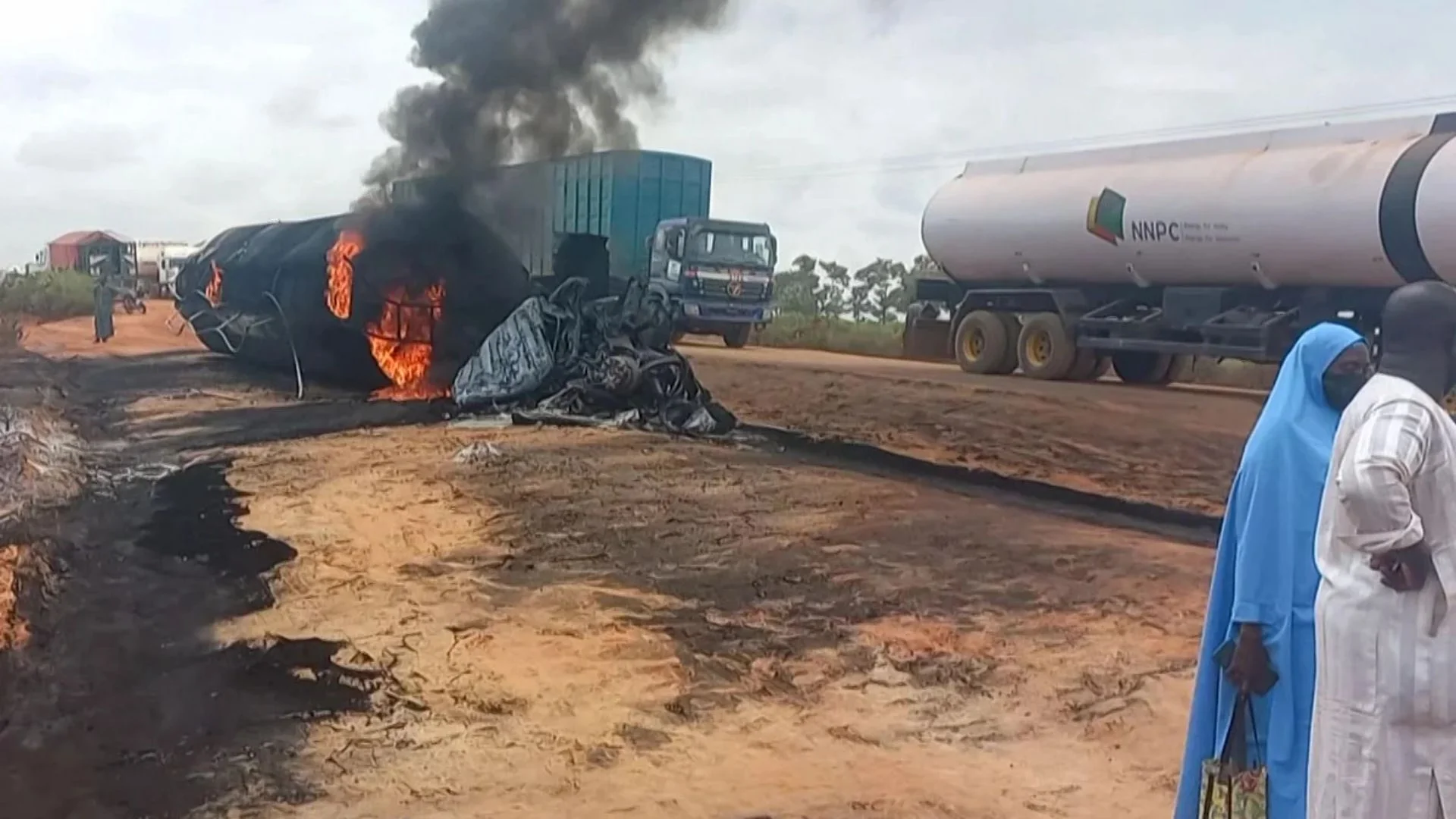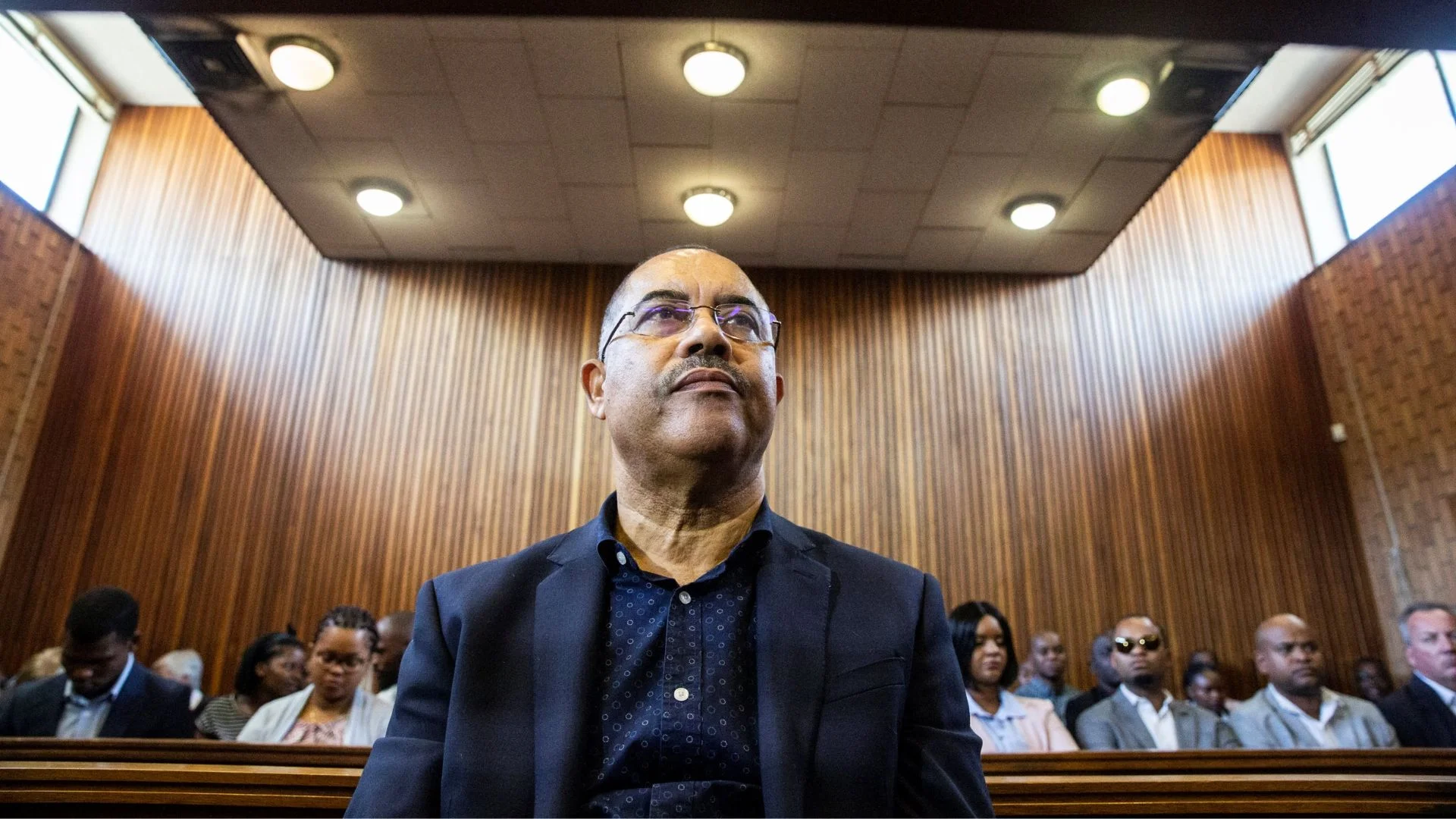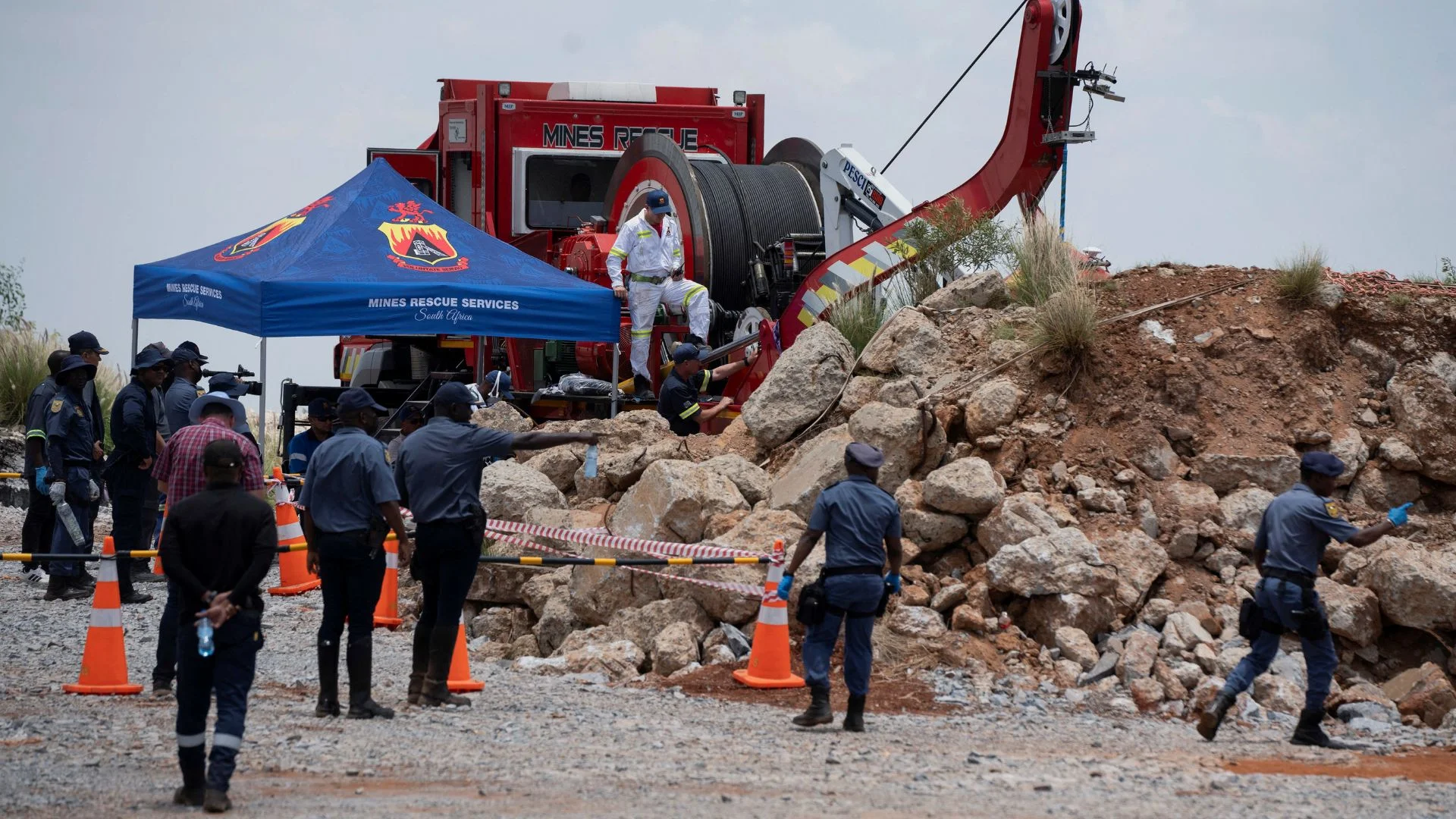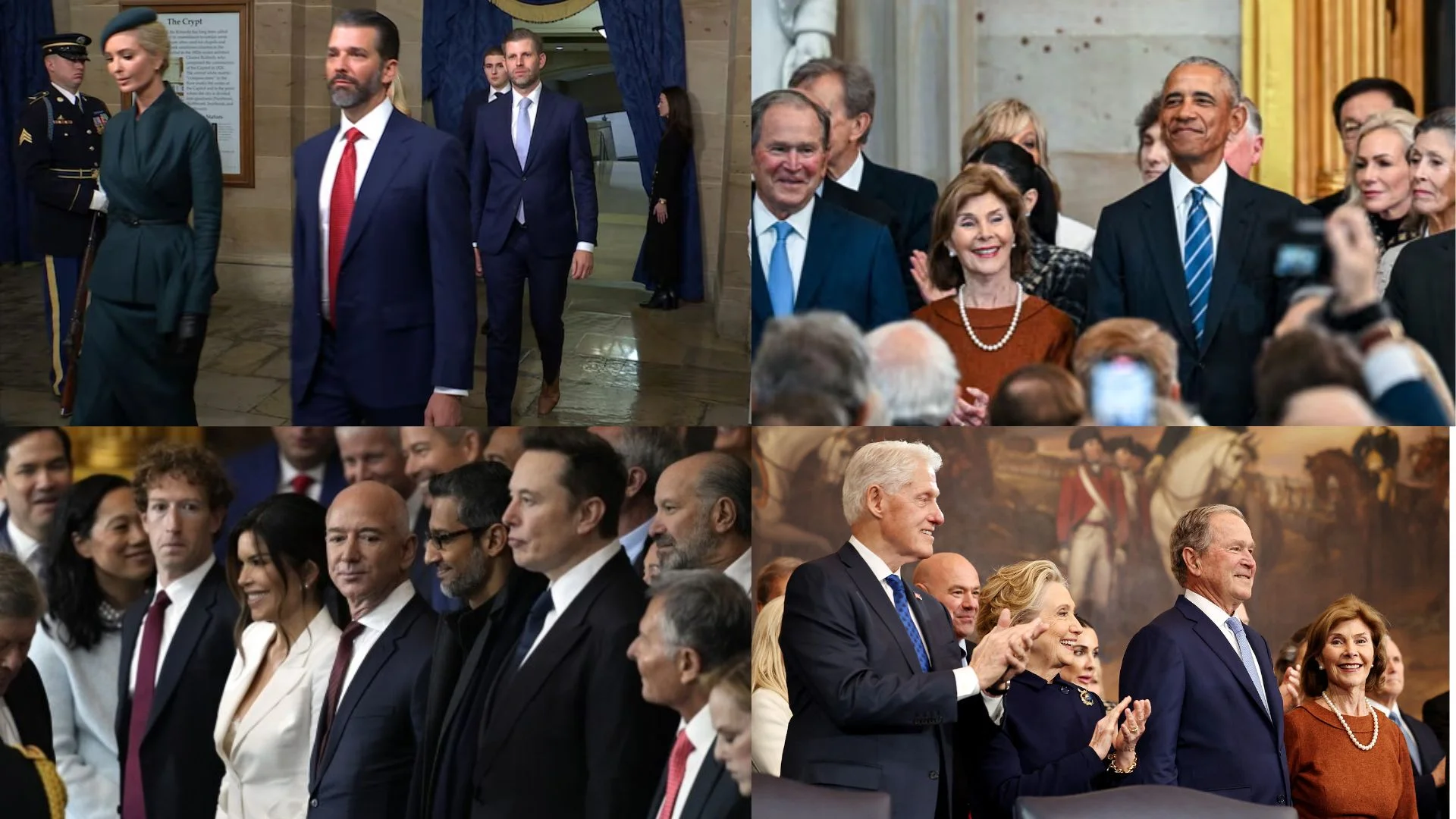Fighting in Sudan between forces loyal to two top generals has put that nation at risk of collapse and could have consequences far beyond its borders.
It’s a recipe for the kind of prolonged conflict that has devastated other countries in the Middle East and Africa, from Lebanon and Syria to Libya and Ethiopia.
A look at what is happening and the impact it could have outside Sudan.
WHO IS FIGHTING?
Rapid Support Forces that grew out of Darfur’s notorious Janjaweed militias, are each seeking to seize control of Sudan.
It comes two years after they jointly carried out a military coup and derailed a transition to democracy that had begun after protesters in 2019 helped force the ouster of longtime autocrat Omar al-Bashir. In recent months, negotiations were underway for a return to the democratic transition.
The victor of the latest fighting is likely to be Sudan’s next president, with the loser facing exile, arrest or death.
WHAT EXTERNAL POWERS ARE INTERESTED IN SUDAN?
The United Arab Emirates, has close ties to the Rapid Support Forces, which sent thousands of fighters to aid the UAE and Saudi Arabia in their war against Iran-backed Houthi rebels in Yemen.
Russia, meanwhile, has long harbored plans to build a naval base capable of hosting up to 300 troops and four ships in Port Sudan, on a crucial Red Sea trading route for energy shipments to Europe.
The Wagner Group, a Russian mercenary outfit with close ties to the Kremlin, has made inroads across Africa in recent years and has been operating in Sudan since 2017.
WHAT ROLE DO WESTERN COUNTRIES PLAY?
Sudan isolation deepened over the conflict in the western Darfur region in the 2000s, when Sudanese forces and the Janjaweed were accused of carrying out atrocities while suppressing a local rebellion. The International Criminal Court eventually charged al-Bashir with genocide.
The US removed Sudan from its list of state sponsors of terrorism, after forge ties with Israel.
But billions of dollars in loans and aid were put on hold after the 2021 military coup. That, along with the war in Ukraine and global inflation, sent the economy into free-fall.
WHAT MEANING DOES THE WAR HAVE FOR SUDAN’S
NEIGHBOURS?
Egypt has close ties to Sudan’s military, which it sees as an ally against Ethiopia. Sudan borders five additional countries: Libya, Chad, the Central African Republic, Eritrea and South Sudan, which seceded in 2011 and took 75 per cent of Khartoum’s oil resources with it. Nearly all are mired in their own internal conflicts, with various rebel groups operating along the porous borders.
CAN EXTERNAL POWERS DO ANYTHING TO STOP THE FIGHTING?
The military controls much of the economy, and can also count on businessmen in Khartoum and along the banks of the Nile who grew rich during al-Bashir’s long rule and who view the RSF as crude warriors from the hinterlands.
“Control over political funds will be no less decisive than the battlefield,” De Waal said. “(The military) will want to take control of gold mines and smuggling routes. The RSF will want to interrupt major transport arteries including the road from Port Sudan to Khartoum.”

